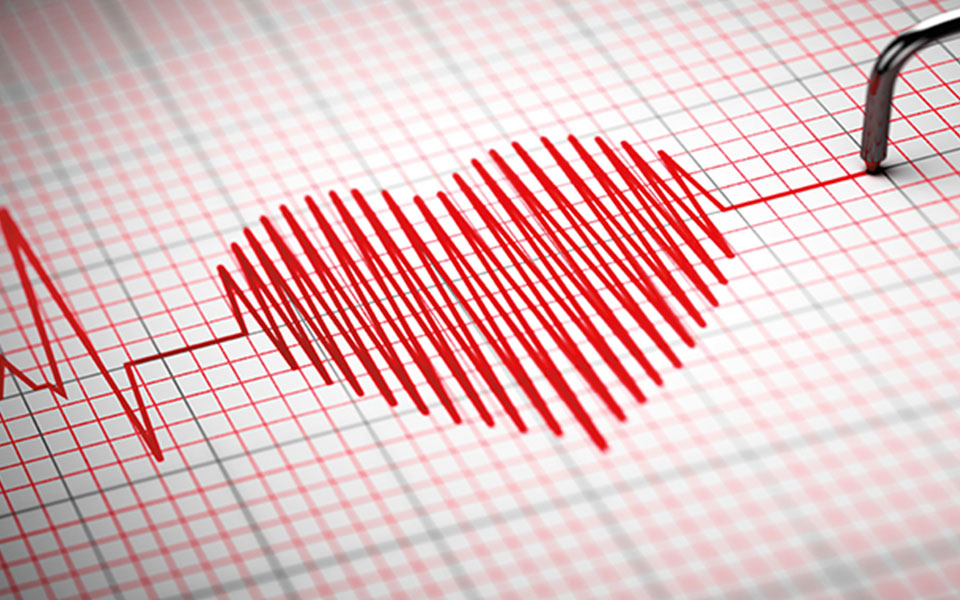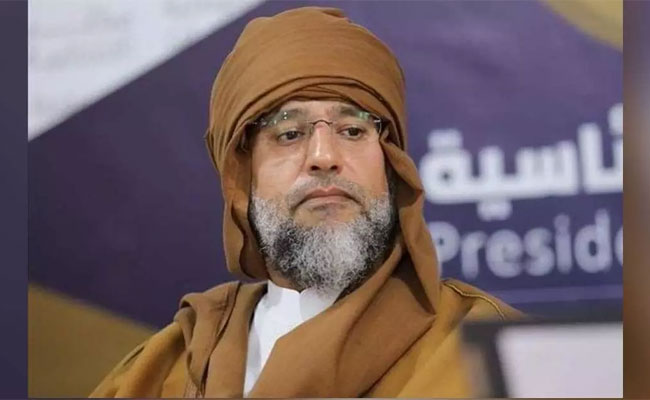London, June 13: A high blood pressure level but still below the usual threshold for treating hypertension can put 50-year-olds at increased risk of developing dementia later, revealed a study led by an Indian-origin researcher.
According to the American Heart Association, normal blood pressure is below 120/80 mmHg.
People with a systolic blood pressure (the top number) of 130 mmHg or more at the age of 50 had a 45 per cent greater risk of developing dementia than those with a lower level at the same age.
The risk was 47 per cent even in people with no heart or blood vessel-related conditions.
"Our work confirms the detrimental effects of midlife hypertension for risk of dementia," said lead author Archana Singh-Manoux, Professor at the French National Institute of Health and Medical Research (INSERM) in Paris.
The reason for the increased risk of dementia includes the fact that high blood pressure is linked to silent or mini strokes (where symptoms often are not noticeable), damage to the white matter in the brain, which contains many of the brain's nerve fibres, and restricted blood supply to the brain.
This damage may underlie the resulting decline in the brain's processes, the researchers explained in the study of nearly 9,000 people, published in the European Heart Journal.
However, the association was not seen at the ages of 60 and 70, and diastolic blood pressure (the bottom number) was not linked to dementia.
"Our analysis suggests that the importance of mid-life hypertension on brain health is due to the duration of exposure," the researcher said.
"So we see an increased risk for people with raised blood pressure at age 50, but not 60 or 70, because those with hypertension at age 50 are likely to be 'exposed' to this risk for longer," she added.
Another study reported in the journal Cardiovascular Research showed that higher risk of developing dementia in hypertensive patients occurs due to significant alterations in three specific white matter fibre-tracts linked to executive functions, processing speed, memory and related learning tasks -- brain areas associated with dementia.
Let the Truth be known. If you read VB and like VB, please be a VB Supporter and Help us deliver the Truth to one and all.
Ghaziabad (UP) (PTI): Three minor sisters died after allegedly jumping off the balcony of a ninth-floor flat in Ghaziabad early on Wednesday, police said.
Assistant Commissioner of Police (Shalimar Garden) Atul Kumar Singh said the police received information around 2.15 am about three girls jumping off the balcony of the ninth-floor apartment in a tower of Bharat City, located under the Teela Mor police station area.
On reaching the spot, the police found that the girls -- Nishika (16), Prachi (14) and Pakhi (12) -- daughters of Chetan Kumar, had fallen to the ground floor and suffered fatal injuries, the ACP said.
They were rushed by ambulance to a hospital in Loni, where doctors declared them dead on arrival, he added.
The police have initiated legal formalities and are investigating the circumstances leading to the incident, officials said.





